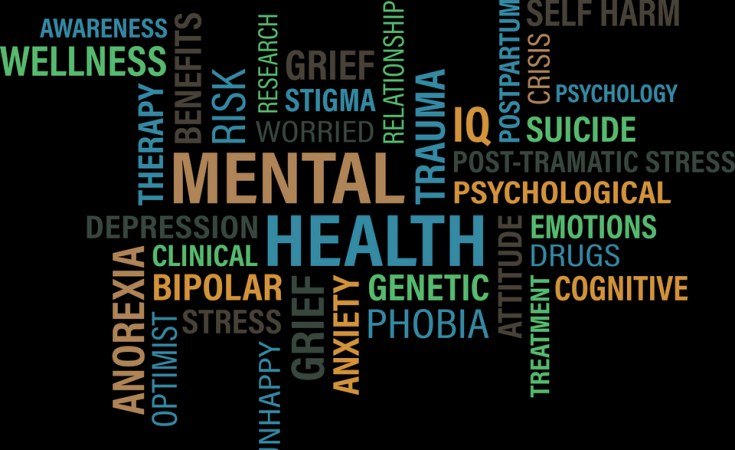Schools have been urged to establish mental health clubs to provide a platform for students to discuss mental health issues and raise awareness about the dangers of drug abuse, which is a major contributor to mental health problems among students.
This call was made at the 3rd National Prefects Conference, organized by the Drug Hapana Initiative, held at Hotel Africana under the theme "Drug Abuse Effect on Mental Health." Dr. Hafsa Lukwata Ssentongo, the Assistant Commissioner mental health and substance use control at Ministry of Health, said setting up mental health clubs will help create awareness about mental health and its causes .
"We are emphasizing for young people, especially those in schools, to join mental health clubs and also schools to put up mental health clubs, so that in those clubs, they can discuss issues around mental health. We want them to understand the signs and symptoms of mental illness. We want them to understand that when someone has a problem what can we do for them," Dr.Lukwata said.
She revealed that Uganda register high numbers of drug abuse among young people especially among females who are using substances such as tobacco, which puts their lives and that of their future children in danger.
She said that the 2019 youth tobacco survey which was conducted in Uganda revealed that a high portion of young people were using tobacco in many forms like cigarettes and shisha among others."The majority of the people actually use cigarettes . We also found that about 11.7% of our young people were actually using tobacco and the most unfortunate part we found that the adult number is actually 7.8% meaning the young people are smoking more than the adults."
Drug Hapana Initiative founder, Ann Ssebunya together with Ministry of Education Permanent Secretary, Aggrey Kibenge
"At least 1.4% of the female adults are smoking, meaning that the young females are smoking more than their adult counterparts, and that is very dangerous because when you start to smoke early, most likely you're going to get addicted and you're going to continue to smoke and smoke endlessly in your adult life."Aggrey David Kibenge, the Permanent Secretary of the Ministry of Education, highlighted the vital role that parents and families play in guiding and supporting the development and growth of students.
"The ministry believes that all defences against drug abuse must be planted within the homes and schools, not in remand homes and rehabilitation centres. That is how we can guard our kids from exposure to this risk. This was the reason the ministry put in place parenting guidelines to ensure that parents provide the right education, guidance and care for their young ones," he said.
Kibenge urged parents to collaborate with teachers in addressing this issue, noting that joint efforts from both educators and families can help in the struggle to combat this vise."This fight starts in the home because the child you want is best defined by yourself. School only complements the work you are doing," he said.Anne Ssebunnya, the founder and team leader of the Drug Hapana Initiative, stated that they decided it would be effective to utilize student leaders in the fight against drug abuse."We are empowering young student leaders to go back as peer educators to talk to young people about the dangers of substance abuse," she said.
Ssebunya highlighted the problem of a knowledge gap, revealing that some students believe drugs enhance their cognitive abilities. She emphasized the need for schools to establish mental health clubs and involve counselors to help address this issue."We have been to schools and realised we need to use young leaders to reach more numbers. We found a huge knowledge gap on substance abuse because many young people had misconceptions and myths. Some believed that they needed to use drugs to excel in class." Fr. Charles Mpiima, the chaplain of St. Joseph's Institute Kisubi, stated that the school has implemented measures to prevent and address substance abuse among students.
"We usually do check up on our students when they are reporting back. We also sensitise and have one-on-one talks on top of using the student leaders to keep watch and report those who might be using drugs. ," he added.
While speaking on behalf of students, George William Ainawe, a student leader at St. Patrick's High School in Hoima, reported that students as young as 15 are using drugs, primarily alcohol, cannabis, and cigarettes, which are easily got from the neighboring communities.He encouraged fellow students to engage in meaningful activities during their leisure time, stating that doing so would help them avoid using these drugs.


